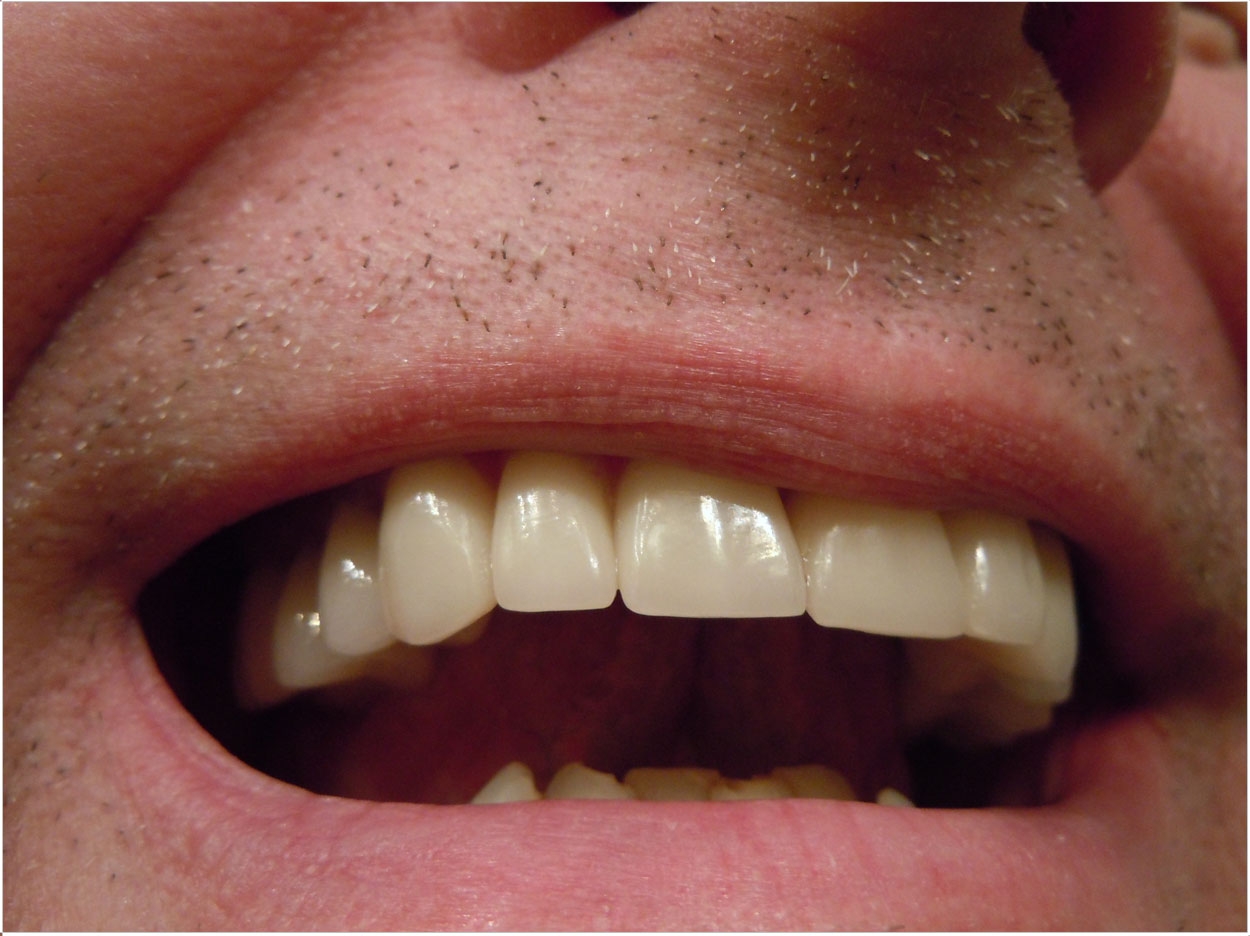
The American College of Prosthodontists (ACP) has released clinical practice guidelines for patients with dental restorations supported by natural teeth such as crowns, bridges, and veneers or supported by implants. Published in the Journal of Prosthodontics, these recommendations were drafted to help patients keep their teeth healthy using a lifelong recall and maintenance approach.
“Often patients are unaware of the required brushing and general maintenance needs when they have expensive implant restorations,” said Carl F. Driscoll, DMD, FACP, and ACP president. “The take-home message from the systematic reviews and clinical practice guidelines is that implant-supported restorations require ongoing at-home maintenance and regular recalls for an enduring result.”
A panel of experts appointed by the ADA, the Academy of General Dentistry, the American Dental Hygienists Association, and the ACP critically evaluated and debated findings from a pair of comprehensive systematic reviews covering 10 years of research literature. The major outcomes and consequences considered during formulation of the guidelines were risk for failure of tooth- and implant-borne restorations.
“The new clinical practice guidelines will help dentists and hygienists to standardize effective oral health maintenance and improve patient care,” said Donald A. Curtis, DMD, FACP. Along with Lily T. Garcia, DDS, MS, FACP, Curtis put the guidelines through rigorous peer review to ensure they are sound, scientifically based, and able to improve patient outcomes for long-lasting restorations.
In addition to maintaining regular hygiene practices, the guidelines recommend that patients with restorations visit their dentists twice a year to clean, adjust, repair, or replace their restorations. They also suggest how and how often practitioners should see patients for dental restoration maintenance and follow-up, as well as how they should educate patients to take care of the restorations at home.
“Patients with multiple restorations that are supported by natural teeth or implants need to know that professional and at-home maintenance is a lifelong regimen,” said Avinash Bidra, DDS, MS, FACP, lead researcher of the review. “We are telling professionals what guidelines to follow and what to tell patients for at-home maintenance.”
Related Articles
Optimizing Occlusal Results for Crown and Bridge Prostheses
No Support? An East Bite Technique
Restoration of Noncarious Lesions


